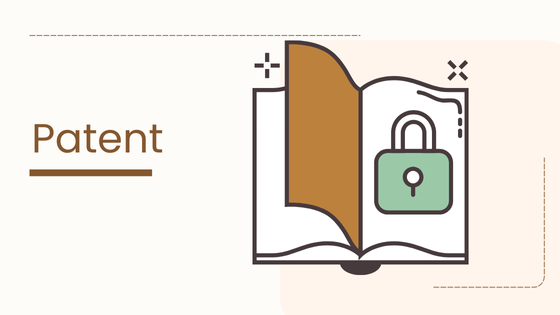Securing a patent is an intricate process that not only requires diligence but also utmost confidentiality. The notch of anxiety about keeping an idea concealed until it is safely patented is indeed very high for inventors. InventHelp, a prominent player in the field of patent assistance, understands these concerns deeply and implements rigorous measures to ensure your inventive concepts remain confidential throughout the patenting journey. Let’s explore some of the important facts and key questions about InventHelp.
Non-Disclosure Agreements (NDAs)
One of the primary tactics used by InventHelp to protect an inventor’s idea is the implementation of Non-Disclosure Agreements (NDAs). Before any detailed discussions take place, all parties involved are required to sign an NDA. This legal document ensures that any information shared about your invention will not be disclosed to others without your consent. NDAs are a powerful tool in safeguarding your intellectual property (IP) as they legally bind the involved entities to confidentiality, offering legal recourse in the event of a breach.
Controlled Information Sharing
InventHelp is meticulous about managing how and with whom your information is shared during the patenting process. The details of your invention are only disclosed on a need-to-know basis. For instance, only personnel directly involved in the patent application process will have access to sensitive information. This minimizes exposure and reduces the risk of leaks.
Secure Communication Channels
In today’s digital age, the importance of secure communication cannot be overstated. InventHelp uses encrypted communication channels for all exchanges involving sensitive information about an invention. Whether it’s sending documents or discussing details over digital platforms, all communications are encrypted end-to health times, preventing any unauthorized interception of sensitive data.

Professional Integrity
InventHelp’s team comprises professionals who uphold the highest standards of integrity and professional ethics. They are trained to handle confidential information with the utmost discretion and have a clear understanding of the implications of any breach of privacy. The integrity of these professionals ensures that they treat all information with the required seriousness and confidentiality it deserves.
Education and Awareness
InventHelp also extends its confidentiality measures by educating inventors on the best practices for protecting their IP. This includes advising inventors on how to keep their invention a secret before a patent application is filed, and the potential risks associated with premature disclosure. By fostering a thorough understanding of IP protection, inventors can actively participate in safeguarding their own inventions.
Specificity in Disclosure
As explained on this Linkedin review article – Should I Use InventHelp Invention Services? An In-Depth Review – during the patent drafting and application process, InventHelp advises on how to describe the invention in a way that protects the core concept without revealing more information than necessary. This strategic approach to information disclosure is crucial in preventing competitors from gaining insights into the nuances of your invention.
Monitoring Intellectual Property
Once the patent application is filed, InventHelp doesn’t stop its protective measures there. They monitor the usage of your IP to ensure it’s not being infringed upon even after the patent is secured. Regular checks and updates on the status of your IP in the industry play a significant role in ongoing protection.
Conclusion
The confidentiality of your invention is the cornerstone of your success in the competitive world of innovation. InventHelp’s comprehensive approach to maintaining secrecy not only protects your unique ideas but also ensures they remain exclusive to you until the patent is granted. With robust measures like NDAs, controlled information sharing, secure communications, professional integrity, and proactive education, InventHelp provides a fortress of confidentiality around your invention, allowing you to proceed with the patenting process with confidence and peace of mind.